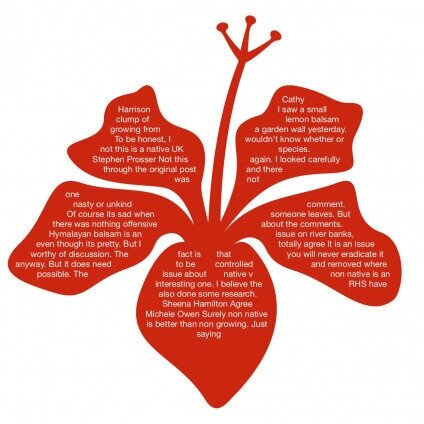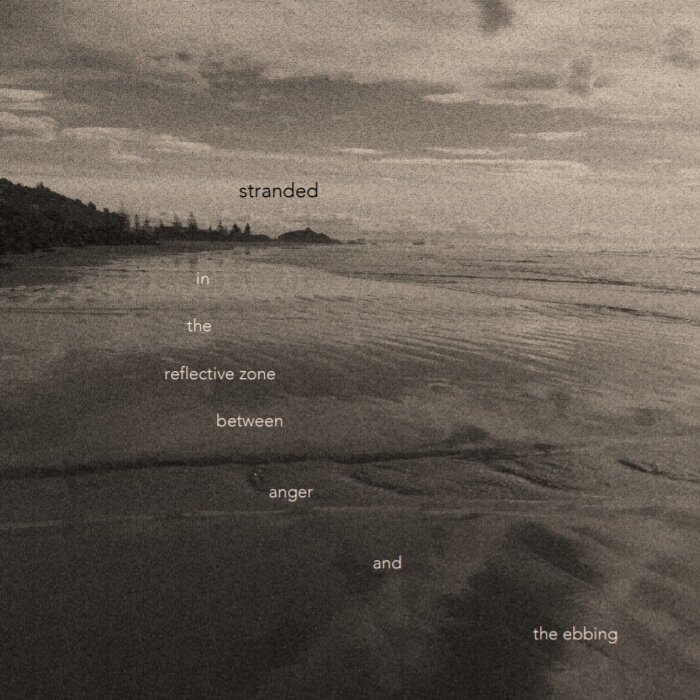An online course beginning January 23rd 2021, running for seven weeks. £200.
All information & booking at www.poembrut.com/courses
The character of European literature remains a hotbed of innovation – a constant remaking of what we know poetry to be. This ambitious course seeks to introduce the English-language poet, or anyone captivated by a wide understanding of what poetry is, to the European tradition in all its richness.
Over the course of seven weeks, we will trace a line from the aftershocks of modernism, to the arrival symbolism, futurism, surrealism, and more. We explore the constraints that emancipate in the OULIPO movement, the collaborative asemic poetry of the CoBrA group, the onset of conceptual poetry, the birth of Concrete Poetry, the emergence of Sound poetry, leading to the current movement of Performance Literature. We explore electronic poetry and digital literature, and vitally, we present what is happening now – with contemporary poets working in the 21st century.
We will also dip into the ‘grand’ post and pre-war literary poets across the continent, focusing in on their technique to inspire new works. From Mayakovsky to Akhmatova, Brodsky to Dragomoshchenko, Celan to Sachs, Brecht, Miłosz, Herbert, Szymborska to Różewicz, Ritsos to Elytis to Seferis, Popa to Jozsef, Salamun, Isou to Queneau, Cendrars, Pessoa. Ekelöf, Handke, Saariskoski.
Alongside the dozens and dozens of contemporary poets, EUROPOE will situate the anglophone poet with roads into an often occluded European tradition that will hopefully last long into the future... When the course finishes, an event and publication will consolidate that which everyone has produced. All info www.poembrut.com/courses





